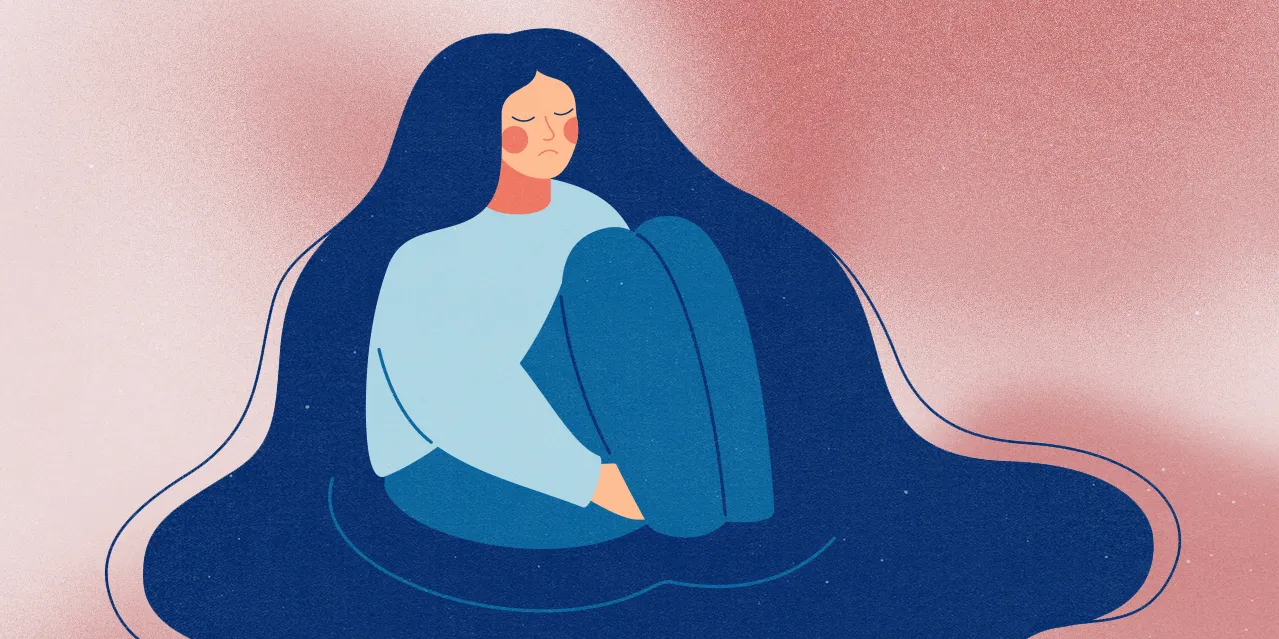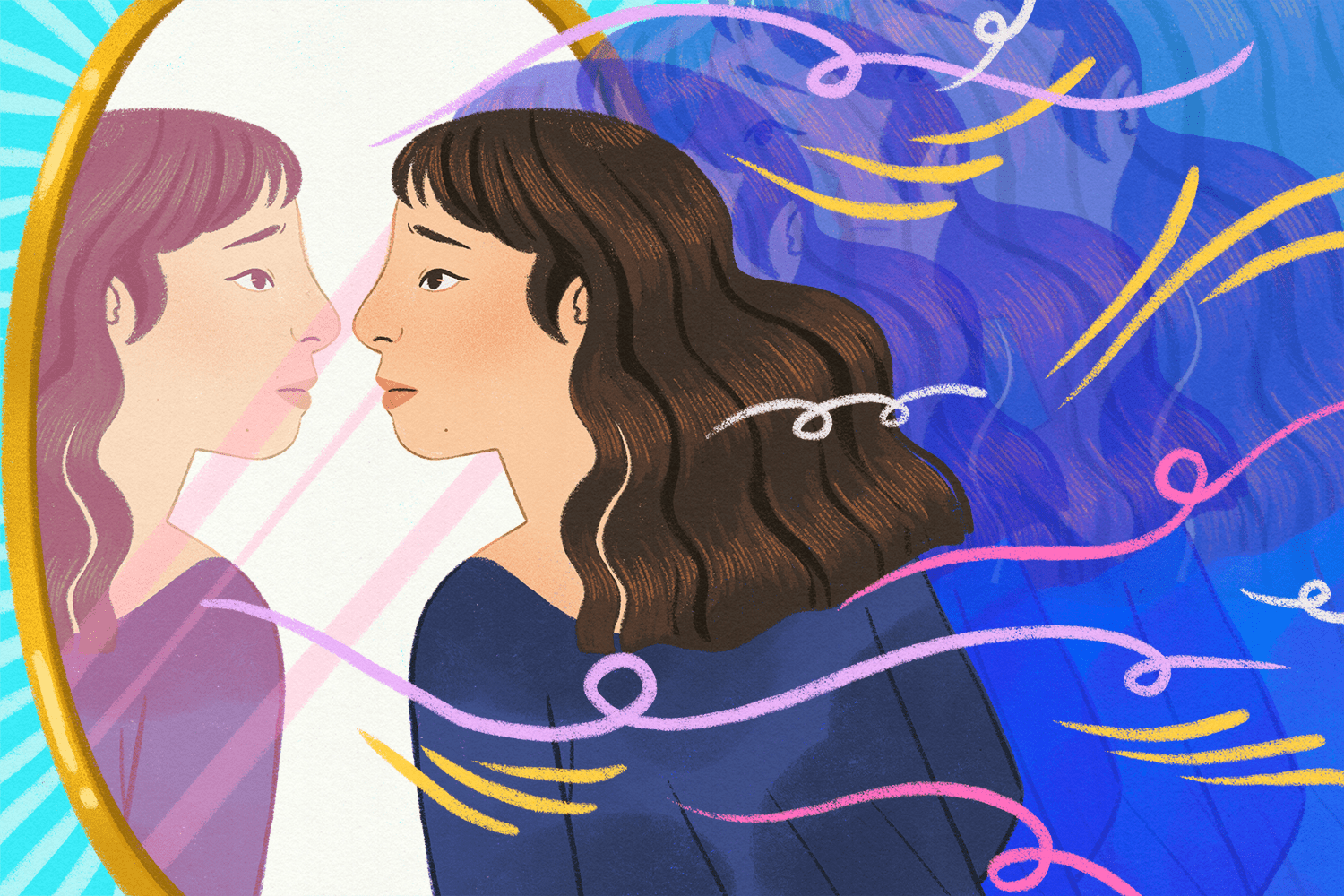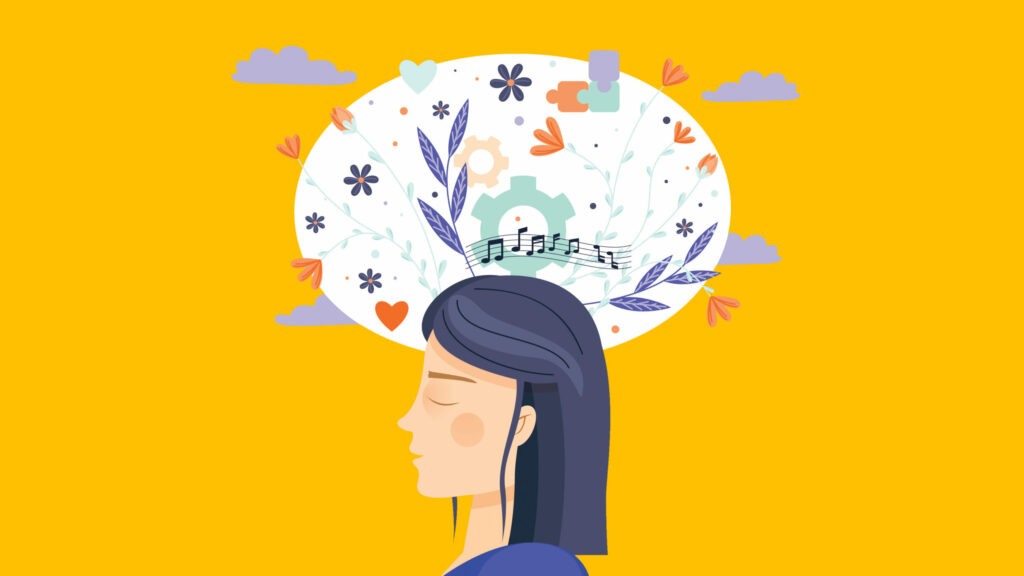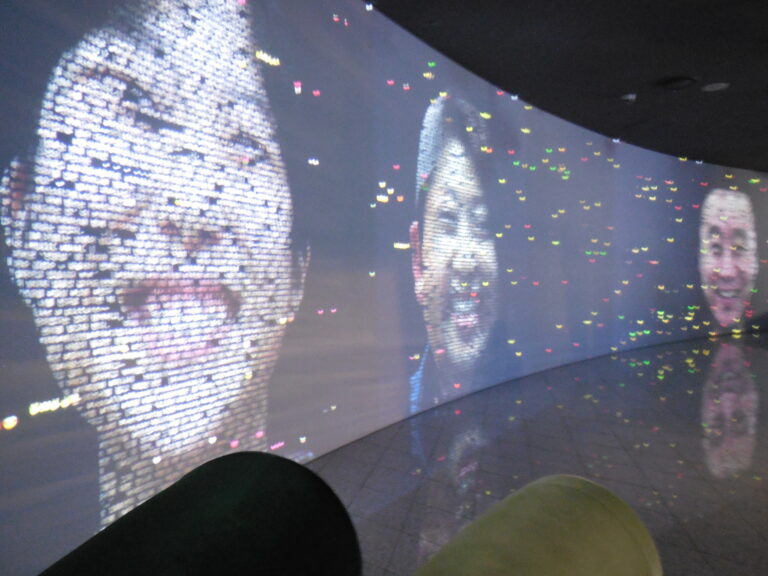Janie Ye
Wayzata High School

The consequences of racism are widespread and differ depending on individuals. However, it can be concluded that racism has a significant effect on the mental health of the vast majority of victims. Trauma caused by racism may lead to anxiety and higher stress levels, as well as insomnia and memory loss. Frequent discrimination can also result in hopelessness and a higher likelihood of drug and alcohol abuse, leading to a cycle of depression and substance abuse. Although the impacts of racism on normal people are usually not severe, there are still notable effects that should be mentioned.
 The mental health effects of racism were exemplified during the COVID-19 pandemic. The surge in hate crimes directly led to greater risks of depression and self-harm in the Asian American community. Many turned to binge drinking and some developed suicidal thoughts. Mental effects from racism also lead to physical effects such as muscle tension and a faster heart rate, because stress changes the brain and interferes with regular function. Discrimination makes people feel isolated and unsafe, and encountering racism regularly may cause one to feel surrounded and suppressed. The oppression that Asian Americans faced due to the pandemic influenced their thoughts and lowered their self-confidence.
The mental health effects of racism were exemplified during the COVID-19 pandemic. The surge in hate crimes directly led to greater risks of depression and self-harm in the Asian American community. Many turned to binge drinking and some developed suicidal thoughts. Mental effects from racism also lead to physical effects such as muscle tension and a faster heart rate, because stress changes the brain and interferes with regular function. Discrimination makes people feel isolated and unsafe, and encountering racism regularly may cause one to feel surrounded and suppressed. The oppression that Asian Americans faced due to the pandemic influenced their thoughts and lowered their self-confidence.
 Being subject to discrimination can also result in internalized racism, which is holding negative views on one’s own race. Asian Americans may accept the prejudiced beliefs that others have pushed onto them and believe that they are inferior. Oftentimes, Asian Americans (especially children) are teased about their physical features, leading to “dissatisfaction with and a desire to change these particular features” (Science Direct). Since Asian Americans have distinct features like eye shape and skin color, they tend to stand out in communities that are not dominantly Asian. This may lead to distorted views on body image and the belief that they need to change in order to fit in. They are also more likely to accept stereotypes like the model minority or perpetual foreigner views. Furthermore, since racism towards Asian Americans is somewhat institutionalized (because Asian Americans do not have equal access to services and opportunities), internalized racism has a larger effect because Asian Americans are more likely to believe that they are not valued in the community.
Being subject to discrimination can also result in internalized racism, which is holding negative views on one’s own race. Asian Americans may accept the prejudiced beliefs that others have pushed onto them and believe that they are inferior. Oftentimes, Asian Americans (especially children) are teased about their physical features, leading to “dissatisfaction with and a desire to change these particular features” (Science Direct). Since Asian Americans have distinct features like eye shape and skin color, they tend to stand out in communities that are not dominantly Asian. This may lead to distorted views on body image and the belief that they need to change in order to fit in. They are also more likely to accept stereotypes like the model minority or perpetual foreigner views. Furthermore, since racism towards Asian Americans is somewhat institutionalized (because Asian Americans do not have equal access to services and opportunities), internalized racism has a larger effect because Asian Americans are more likely to believe that they are not valued in the community.
It is important to seek care if you are impacted by racism. The Substance Abuse and Mental Health Services Administration (SAMHSA) provides a confidential and free National Helpline that operates 24/7. Please call 1-800-662-HELP (4357) if you are struggling with racism or mental health. A Safe Haven for Asians and Asian Americans also has a webpage that provides mental health resources and a place where you can file civil rights complaints. Their website can be accessed here: https://www.ashaaa.org/. It is also important to have conversations with family and friends and to connect with your community if you feel unsafe or discriminated against.







